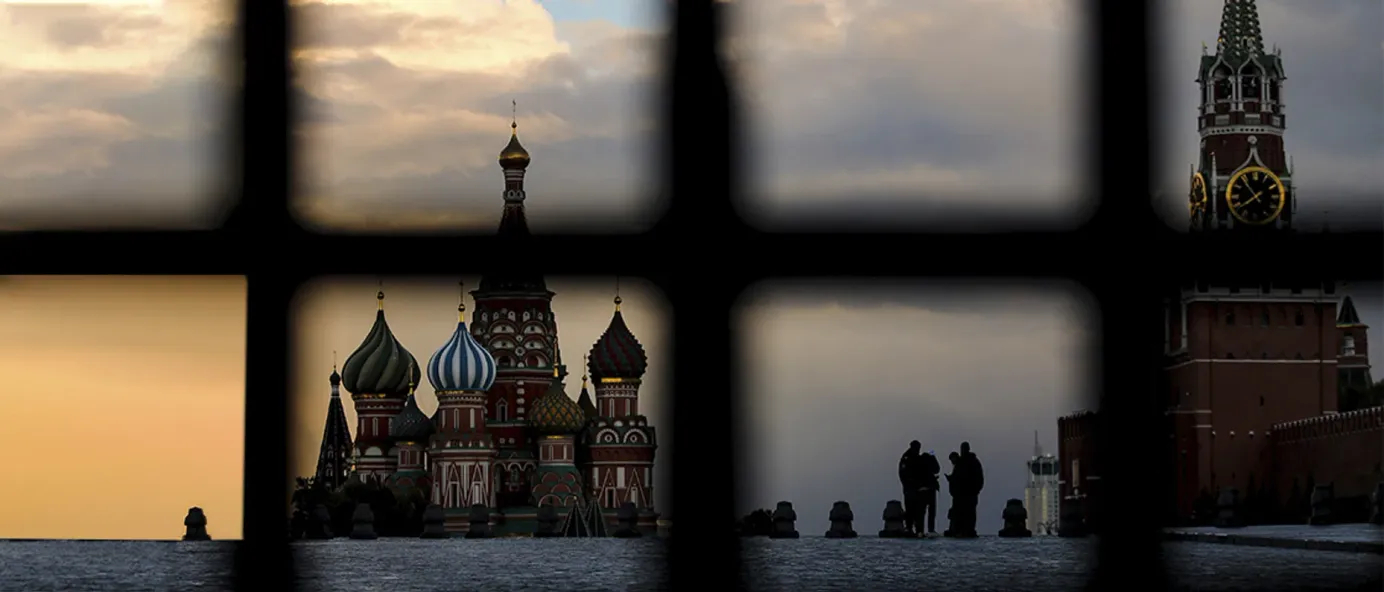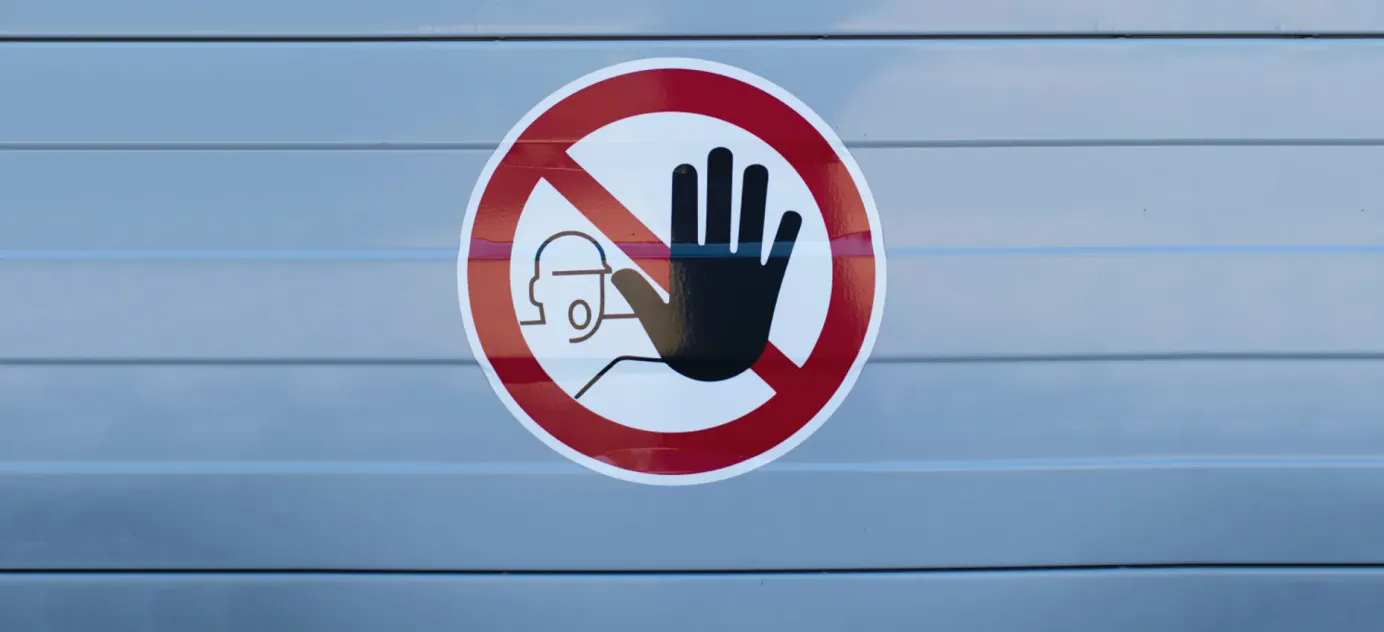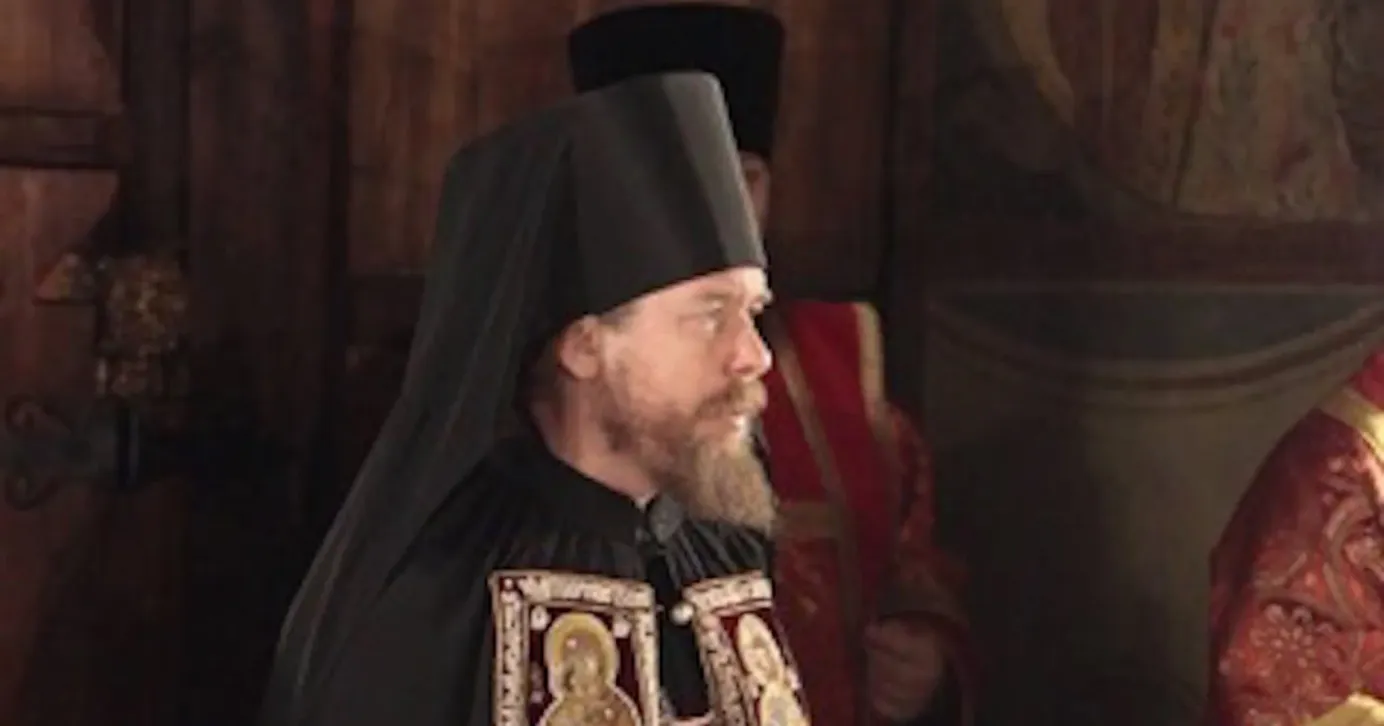Politics

Russian regions’ anti-abortion drive Paid Members Public
Russia’s war on Ukraine is proving to be no obstacle for the battle to promote “traditional values” – the conservative social program and messaging that Vladimir Putin has long placed at the heart of his domestic ideological agenda. The latest part of that agenda has now emerged, with the state

The Kremlin gears up to launch Putin’s re-election campaign Paid Members Public
President Vladimir Putin is preparing to announce his plans to run in the 2024 Presidential Election. The Kremlin is already assembling a working group of “social activists” who will officially announce and back his candidacy. The group may include the singer Shaman, who has become the latest symbol of Russian

Islamic fundamentalism and the antisemitic airport riot in Dagestan Paid Members Public
The recent riot at Makhachkala airport, which involved 1,500 people chanting antisemitic slogans and waving Palestinian flags, continues to be a major topic in Russian-language media eight days on. The Bell has looked into how anonymous Telegram channels orchestrated the events that led to a mob storming the airport

Putin blames the West after anti-Israel riot shocks Moscow Paid Members Public
In Russia’s North Caucasus, the weekend brought a series of antisemitic protests, culminating in a mass riot in Makhachkala, the capital of the predominantly Muslim republic of Dagestan. Angry crowds of protestors stormed the city’s airport, breaking through to the runway in a bid to get to passengers

Putin resurrects another Soviet tradition Paid Members Public
Last week, Vladimir Putin called for the return of sporting parades on Moscow’s Red Square. This long-forgotten Soviet ritual, beloved of the Stalin era, represents the latest staging point on Russia’s rose-tinted march into its Soviet past. * The first such sporting parades, which involved the so-called “Vsevobuchs” (men

Another US journalist arrested Paid Members Public
Last week, Russian police arrested journalist Alsu Kurmasheva, editor of Radio Free Europe/Radio Liberty’s Tatar-Bashkir service. Kurmasheva, who holds Russian and American citizenship, is accused of failing to register as a “foreign agent.” This is the first criminal case in Russia under laws that require anybody who “purposefully”

Pro-Kremlin media’s talking points on the conflict in the Middle East Paid Members Public
After the outbreak of fighting between Israel and Hamas militants, Russian propagandists have scrambled to push the focus away from events in Ukraine and onto the situation in the Middle East. The Kremlin’s loyalists on TV and in print quickly started talking up the West’s role in the

Putin’s priest gets a Crimean flock Paid Members Public
Vladimir Putin’s closest ally in the Russian Orthodox Church has been named the religious leader of occupied Crimea. Officially, the move to name Metropolitan Tikhon as head of the Church's Metropolis of Crimea represents a second successive demotion for Tikhon (whose secular name is Georgiy Shevkunov). That

